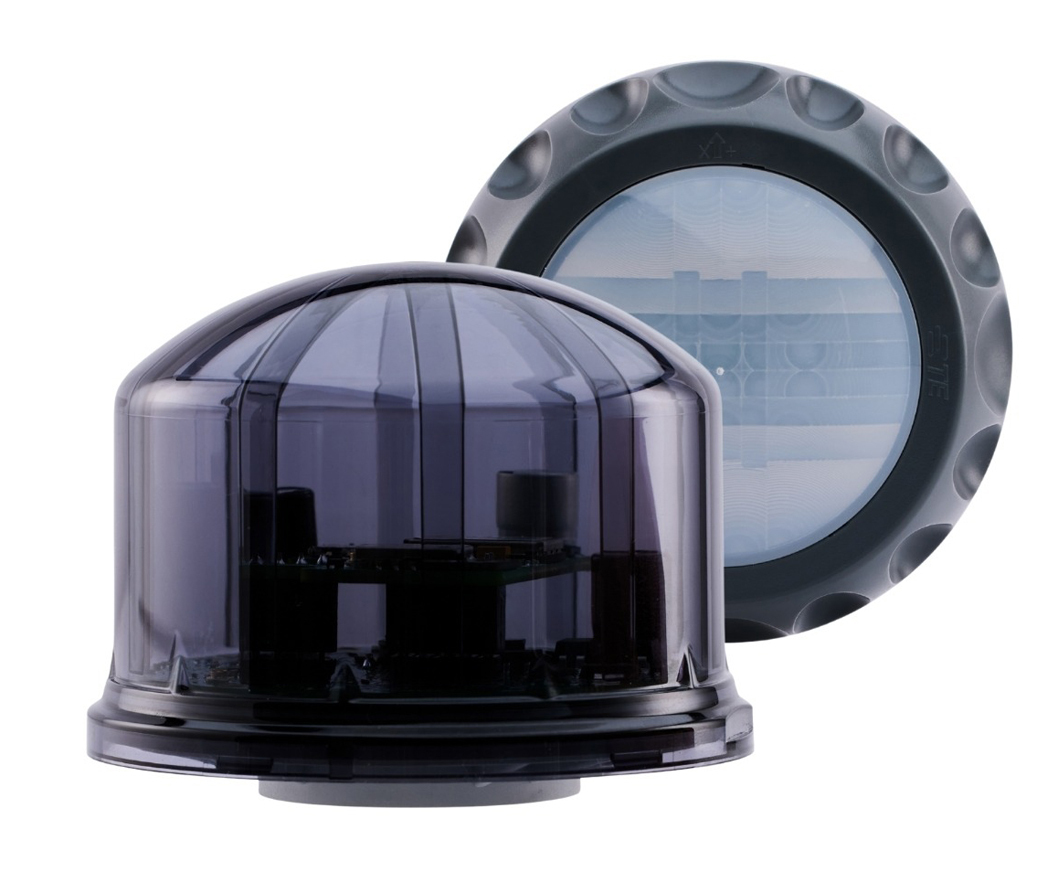Member in Focus: Lusety
Lusety delivers a complete ecosystem for smart urban lighting: simple, scalable, and reliable. From luminaire controllers and cabinet controllers to the cloud-based management platform, cities gain remote, real-time control, adaptive illumination, and energy optimization—all from one intuitive dashboard. Easy to integrate and scale, Lusety helps modernize infrastructure, cut costs, and improve public safety, while ensuring expert support every step of the way.
Giedrius, what is your role in Lusety?
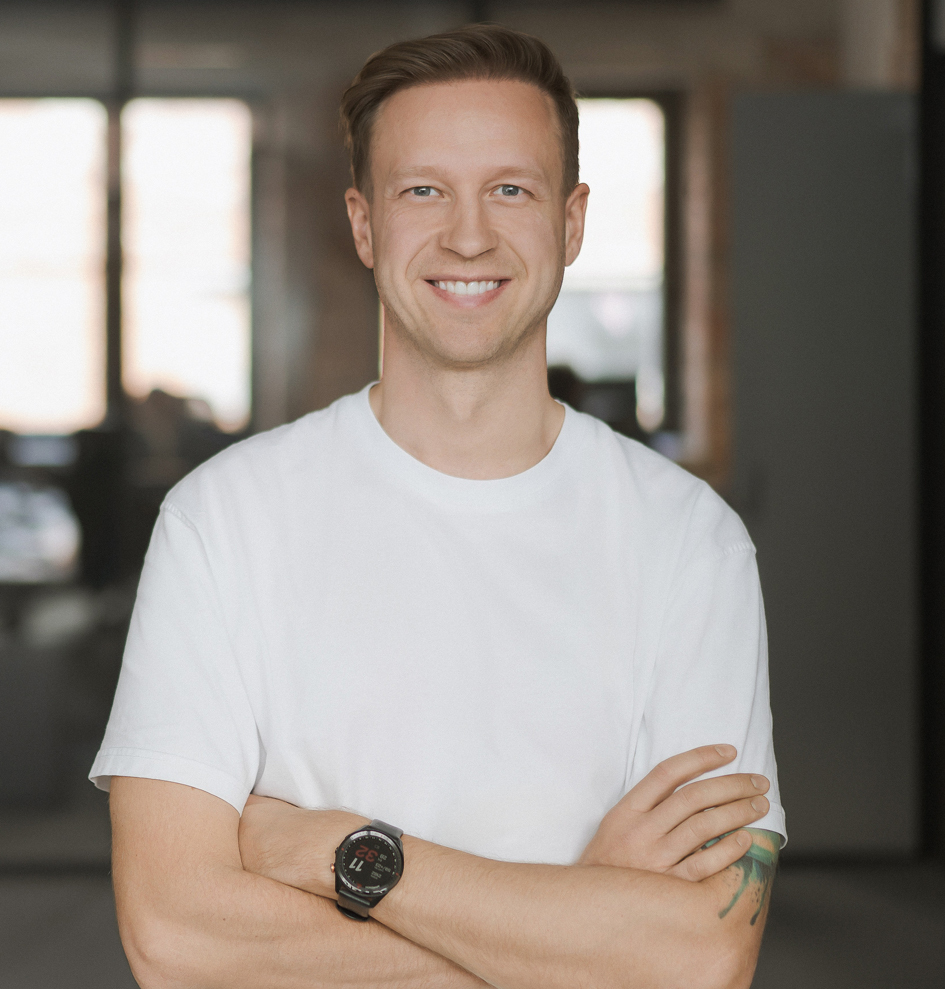 Giedrius Kalvaitis, Co-founder & CEO
Giedrius Kalvaitis, Co-founder & CEO
I'm the co-founder and CEO of Lusety. I've been in the lighting industry for over 15 years, and I've seen first-hand how this market has evolved.
My role is pretty hands-on: I'm involved in everything from understanding what our customers need to making sure we're building smart urban lighting ecosystems that solve actual problems instead of just checking boxes on feature lists.
It’s part of what drives me: seeing how lighting infrastructure is gradually becoming the foundation for safer and more connected communities.
What is the service offer of your company?
We develop complete smart lighting ecosystems that include luminaire controllers, motion sensors, cabinet controllers, and a proprietary cloud-based management platform. We focus on making smart lighting work for cities and their citizens, no matter how big or small the communities are.
We believe that lighting infrastructure is a foundation for the future. When lighting systems are reliable and responsive, they create safer public spaces, reduce energy waste, improve circadian rhythms, and become the backbone for other smart city applications like traffic or air quality monitoring.
That’s why our solutions are designed to be straightforward and dependable. Cities need systems they can count on to work reliably, year after year.
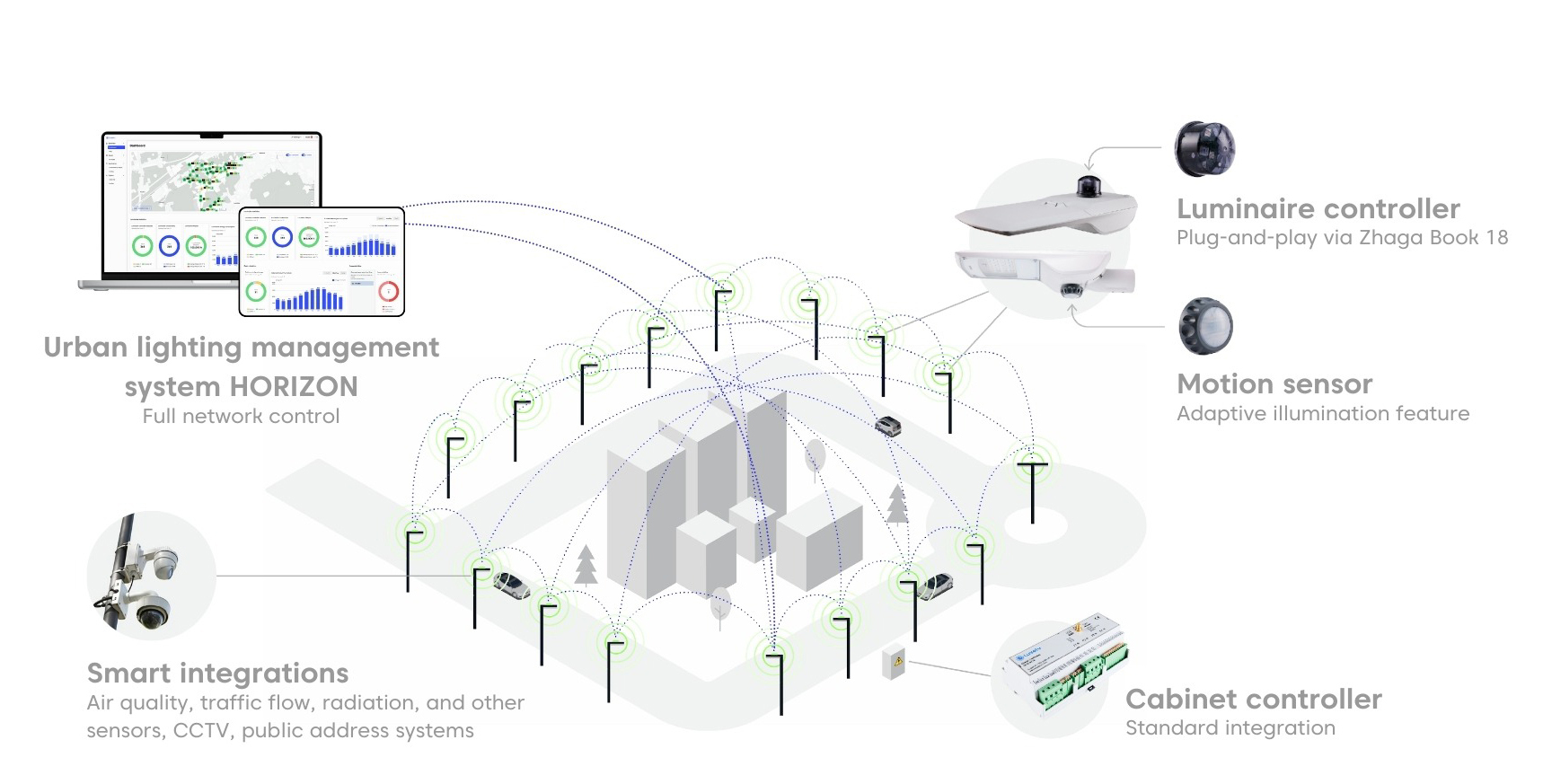
Why did your organization join TALQ?
Because cities shouldn't be locked into proprietary systems. When you're investing in infrastructure that needs to last 10-20 years, you want to know you can integrate it with different systems and that you have flexibility as technology evolves.
TALQ provides that foundation. It ensures that cities can choose the best solutions for their specific needs without worrying about compatibility issues down the road. This way, cities get more options, and providers like us can focus on developing features municipalities actually need.
What are the biggest challenges for Smart Cities in the next 5 years?
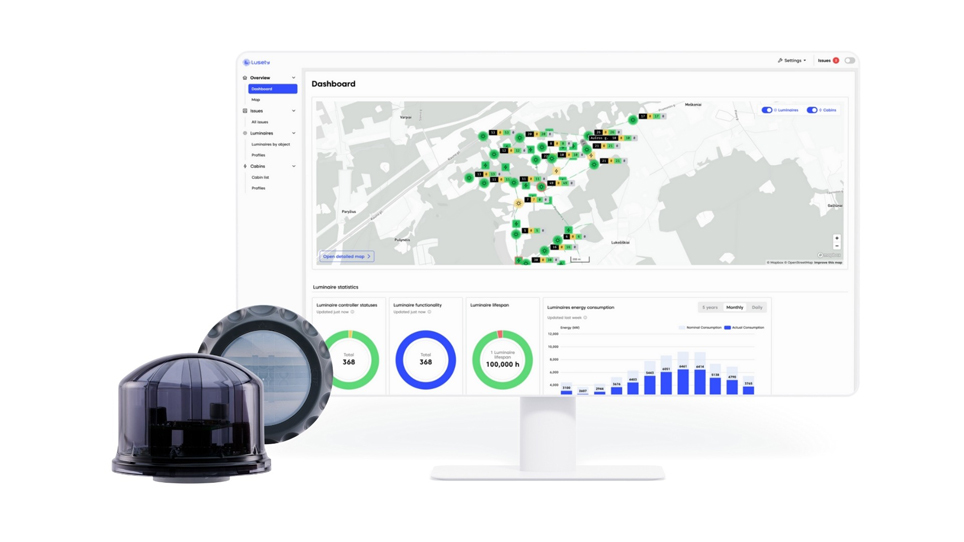 From what we see working with municipalities, the biggest challenge is that everyone's talking about smart cities as a concept, yet most cities are still struggling with basic infrastructure management. They can't control their lighting network during the day, have long fault diagnostic times, and when something breaks, they're stuck running from one department to another searching for a solution.
From what we see working with municipalities, the biggest challenge is that everyone's talking about smart cities as a concept, yet most cities are still struggling with basic infrastructure management. They can't control their lighting network during the day, have long fault diagnostic times, and when something breaks, they're stuck running from one department to another searching for a solution.
The other challenge is that technology is evolving incredibly quickly, but municipal budgets and decision-making processes remain slow. Cities want to modernize, but they're cautious about making the wrong choice and being stuck with outdated technology.
There's also a knowledge gap that's closing but still exists. Municipal teams are incredibly capable, but they're often managing multiple infrastructure systems and may not have the opportunity to familiarize themselves with new lighting technologies. Though, I have to say, that’s gradually changing.
What do you personally like within TALQ?
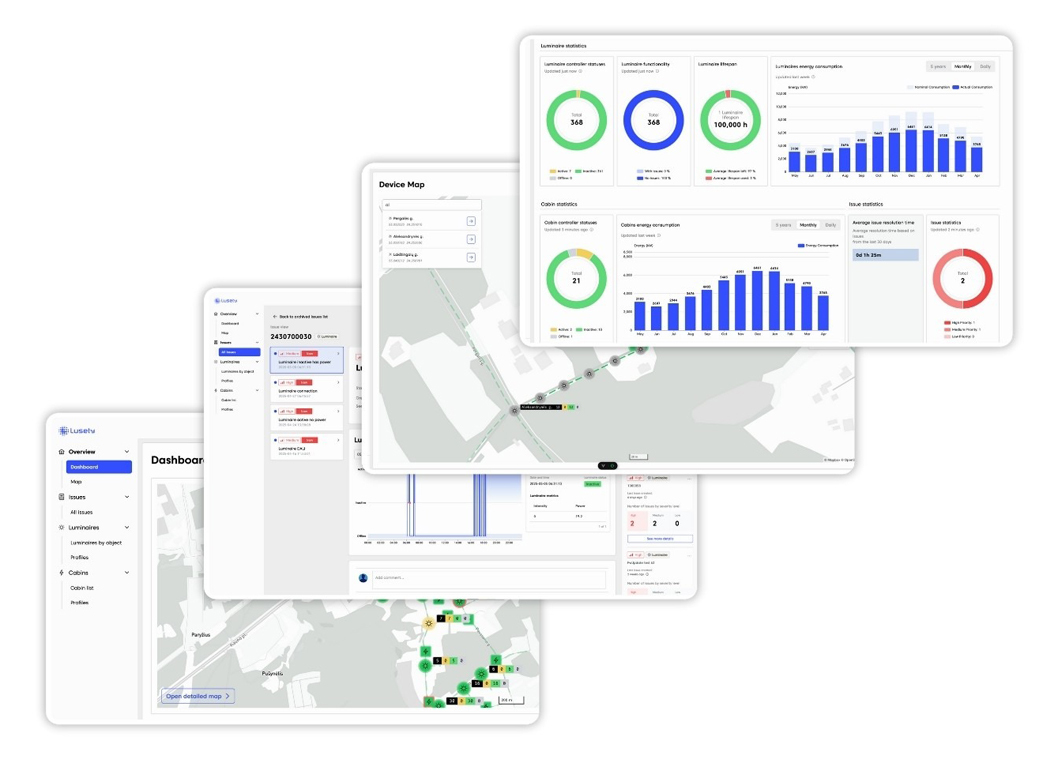 I appreciate that TALQ is focused on solving real interoperability problems. As someone who's been in the lighting market for a long time, I value practice over theory.
I appreciate that TALQ is focused on solving real interoperability problems. As someone who's been in the lighting market for a long time, I value practice over theory.
And TALQ is precisely that. It’s all about making sure different systems can actually work together. It gives cities the freedom to choose what works best for them rather than being limited by compatibility concerns.
Your favourite TALQ function or profile?
I'm particularly interested in how TALQ addresses fundamental operational needs, the ones that help cities manage their lighting infrastructure more effectively on a day-to-day basis. These might not be the most headline-grabbing features, but they're what municipalities require to serve their communities better.
Your favourite TALQ moment?
How active and engaged the community is. From the moment you join, you're invited to take part in meetings, planning sessions, events, and more. There’s real collaboration happening, and not just in developing standards, but, more importantly, in creating a space where organizations can work together to create better smart city solutions.


